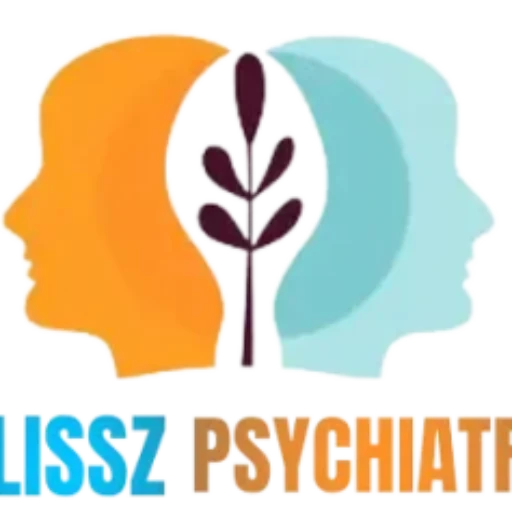Attention-Deficit/Hyperactivity Disorder (ADHD) is often perceived as a childhood condition, but it affects millions of adults worldwide. ADHD in adults can manifest differently than in children, leading to unique challenges in personal, professional, and social life. Understanding the symptoms, diagnosis, and treatment options is the first step toward reclaiming control over your mental health.
ADHD Symptoms in Adults
Adults with ADHD may experience symptoms that impact various aspects of their lives. These include:
Inattention: Difficulty focusing, frequent forgetfulness, and trouble organizing tasks or managing time effectively.
Hyperactivity: A sense of restlessness, such as tapping, fidgeting, or difficulty remaining seated.
Impulsivity: Acting without thinking, interrupting conversations, or struggling with patience.
These symptoms can lead to challenges in maintaining relationships, meeting professional obligations, and managing daily responsibilities.
ADHD Diagnosis and Treatment
Diagnosing ADHD in adults involves a comprehensive evaluation by a mental health professional. This typically includes:
Detailed History: Reviewing past and present symptoms to understand their impact on daily life.
Behavioral Assessment: Identifying patterns of inattention, hyperactivity, or impulsivity.
Rule Out Other Conditions: Differentiating ADHD from other mental health conditions, such as anxiety or depression.
The goal of treatment is not only to alleviate symptoms but also to help individuals develop strategies for managing their condition effectively.
ADHD Medication Options
Medication can play a crucial role in managing ADHD symptoms. Common options include:
Stimulants: Such as Adderall, Ritalin, or Vyvanse, which enhance focus and impulse control.
Non-Stimulants: Like Strattera or Intuniv, which may be better suited for individuals who cannot tolerate stimulants.
Medication is often combined with therapy to provide comprehensive care.
ADHD and Anxiety Comorbidity
ADHD frequently coexists with anxiety, complicating its diagnosis and treatment. Anxiety can amplify ADHD symptoms, such as difficulty focusing or managing stress. Treating both conditions requires a tailored approach that addresses their interplay. This often involves a combination of medication, therapy, and lifestyle changes.
ADHD Therapy Near Me: The Value of Seeking Professional Help
Therapy is a cornerstone of ADHD treatment, offering tools and strategies for managing symptoms. Common approaches include:
Cognitive-Behavioral Therapy (CBT): Helps individuals develop practical skills to improve focus and reduce impulsivity.
Coaching: Provides personalized strategies for organizing tasks and managing time effectively.
Support Groups: Creates a sense of community and shared understanding.
Finding the right therapist near you can make a profound difference in managing ADHD and its impact on your life.
The Importance of Compassionate, Evidence-Based Psychiatric Care
If you or a loved one is struggling with ADHD, seeking professional help is essential. A consultation with a psychiatrist who offers compassionate, evidence-based care can provide the support and expertise needed to navigate this condition. Understanding your unique challenges and tailoring a treatment plan to your needs is the key to long-term success.
BLISSZ PSYCHIATRY: Empowering You to Reclaim Control Over Your Mental Health
At BLISSZ PSYCHIATRY, we are committed to empowering individuals facing ADHD and other mental health challenges. Our approach goes beyond alleviating symptoms; it delves into helping you reclaim control over your life. With compassionate care and evidence-based treatments, we work alongside you to achieve mental well-being and success.
Contact BLISSZ PSYCHIATRY Today
Let us guide you on your journey to better mental health. Schedule a consultation and take the first step toward understanding and managing ADHD. Together, we can make a difference.
